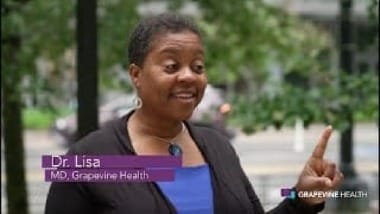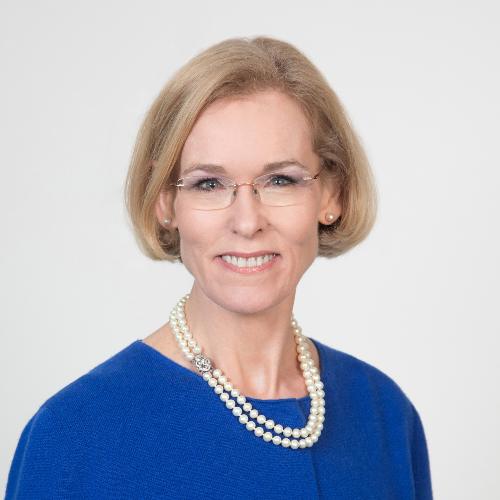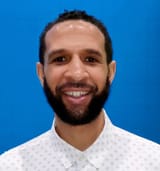Representation | Community | Intentionality

3 Takeaways from 3 Health Equity leaders
1. Representation Matters
- When an older Black man approached Dr. Lisa, after she spoke on a panel about health for Black men and asked how he could “regularly access a doctor like her,” it was clear to Dr. Lisa he wasn’t referencing her medical specialty. For nearly two decades prior she’d held prominent public health positions, promoting health literacy but meeting this man signaled to her the need for a “Black, trusted messenger” to improve health literacy. Health literacy was hardly a new topic but little had been done to ensure representation in the communities where the impact of low health literacy was felt the most. The “trust” part of Grapevine’s mission to increase health literacy, promote trust between patients and health professionals, and improve health outcomes for underserved communities only works when healthcare professionals can identify with the communities they serve.

- Likewise, as one of very few female orthopedic surgeons, Dr. Mary O’Connor’s female patients felt heard when discussing their pain with her, whereas their pain was consistently being dismissed by their male, predominantly white surgeons. As Dr. O’Connor tuned in, she noticed a familiar theme and grew determined to take action.
If the percentage of female orthopedic surgeons simply doubled from 7% to 14%, how would the needs of females with musculoskeletal (MSK) disorders look different?
- As the only Black physical therapist at the clinics he’d worked at, Curt McGill, DPT could have kept to himself and not shared his experiences. Instead, he chose to reach out and bring others along in his journey, showing young, Black physical therapists their experiences are valid.
Our medical system has been built on a history of exclusion. Mistrust persists across demographics, as a result. Representation must play a key role in any well-intended strategy to improve health outcomes.
2. Community as a Cure
Above all other takeaways, this one stuck with me the most. Technology posesses the ability to both build community and isolate us; there’s no government program, drug, or rehab program that can replace the impact caring humans with similar, lived experiences can have. As technology continues to improve healthcare, it must do so in a way that builds new communities and strengthens existing ones.
- Curt has shown the impact of community by playing a central role in building coalitions of Black physical therapists who, together, their experiences hoping to improve the experience of others coming after them.
- In just 3 hours a week of interaction with women who share similar backgrounds and health challenges, Operation Change has drastically improved the health of women who have comorbidities such as diabetes, obesity and hypertension. Per Dr. O’Conner, feelings of “hopelessness” decreased by 40% and walking speed increased 18%, both without the need of drugs or medical interventions.

- Community is where Dr. Lisa and her team at Grapevine are building inroads and improving health literacy with a diverse team of medical professionals committed to not just showing they care but that they can relate.
3. Be Intentional
We do not live in a homogenous world. To positively impact the health of under-resourced communities, healthcare providers and organizations must be intentional about doing so. This also means being vocal and pushing back against efforts to erase intentionality.

The efforts of all three individuals to improve health equity were intentional efforts to build infrastructure and connection that address a history of neglect by a medical system not set up to serve individuals in under-resourced communities.
Stephen Norris is a digital health leader and health equity advocate with over 10 years of experience building successful provider partnerships. Based in Seattle, WA, he's currently seeking new opportunities to leverage his expertise in a progressive, digital health setting.
His most recent role saw him leading strategic provider partnerships for a mission-driven, digital health startup in the workers' comp space. There, he built a robust provider network, leading provider adoption of the company's SaaS documentation platform. In doing so, he helped secure several Fortune 500 payers and spearheaded initiatives that expanded and retained key regional and national provider groups. Notably, he piloted the company's DEIJ initiatives, resulting in improved employee morale and record engagement.
Norris brings a well-rounded background in journalism and experiential marketing, which, when coupled with his provider partnership expertise and dedication to health equity, allows him to develop unique strategies for building and growing successful partnerships.
To contact Norris, you can email him at snorris32@gmail.com or reach out via Linkedin.




